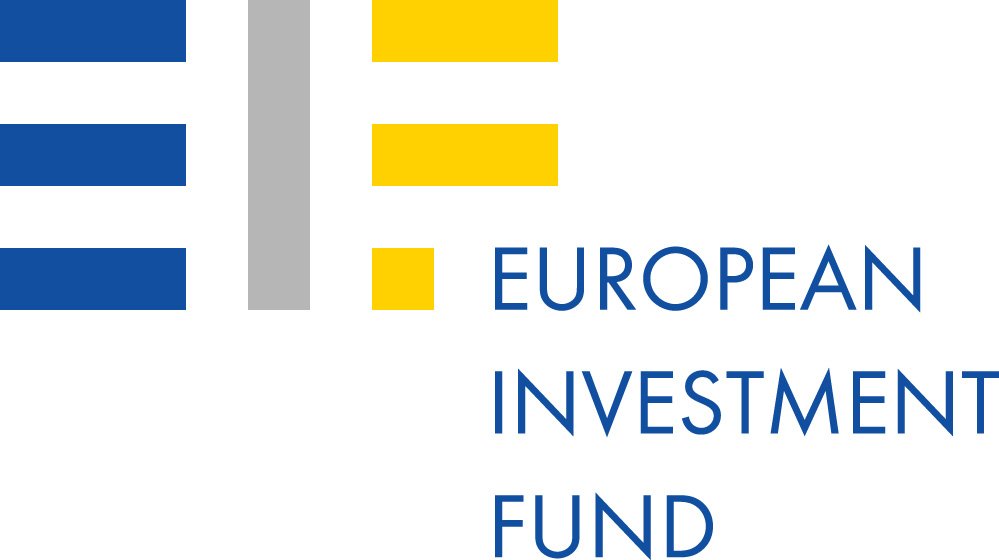Published on January 12, 2017
Do you know that feeling when everything comes together and works out perfectly nice? That feeling can best be compared to how it feels when a company hits its market window exactly right. As a result, companies thrive and risky VC investments turn into high valued financial assets.
Investing just before the market window opens generates the highest returns for VCs. Investing during the time the market window is open generates good returns for VCs. Naturally, companies who are just before or in de market window therefore get a lot of attention and hence competition among VCs to get in those companies is high. Simultaneously valuations of companies rise due to that competition, making it very lucrative for company founders to be positioned exactly there.
However, not all market windows are open at the same time and most stay closed for quite a while. Making the type of company a founder should be running a different one. There are basically two modes a market window is in. Either it is open or it is closed. When the market window is closed it is either because it has not opened yet or it is closed again. Simple as that.
An important thing to keep in mind as a founder, but also as a VC, is if the behavior of the company is in sync with the market window. Let’s elaborate on the three market windows very briefly.

Pre Market Window
A company should be lean, mean and sly. Sly like a fox. Companies should focus on their vision and product. After raising rounds of funding staying smart is key and hitting the pedal too early is dangerous. The riskiest thing to do is running out of money before the market window opens.
Open Market Window
A company should focus on growth, accelerating its growth and if possible endless growth. There is only one thing that is going to make a company a unicorn and that is by becoming market leader. Growth is the key and nothing else. After raising rounds of funding, raise even more rounds of funding and focus on accelerating continuously. During an open market window the only thing that is dangerous is not growing fast enough and eventually lagging behind. This makes a company a risky asset as its value degrades rapidly if it appears it cannot keep up its speed.
Post Market Window
A company should focus on steady revenue streams and growth but above all generating cash. Like a cash cow would do. After raising a round the focus should be on generating a steady return for investors, but this is more of a PE game than VC game. The dangerous thing here is if the company cannot turn into a profitable business. In the end classical valuation methods are applied based on cash. Evidently, not making any cash has a huge impact on the value.
In general the market tells you what to do, but knowing where exactly a market is and how a company should behave gives entrepreneurs and investors an edge to become a leader in the market. Therefor take some time to do some retrospective thinking if your company or investment should behave like a fox, cow or is lucky enough to behave like unicorn!


